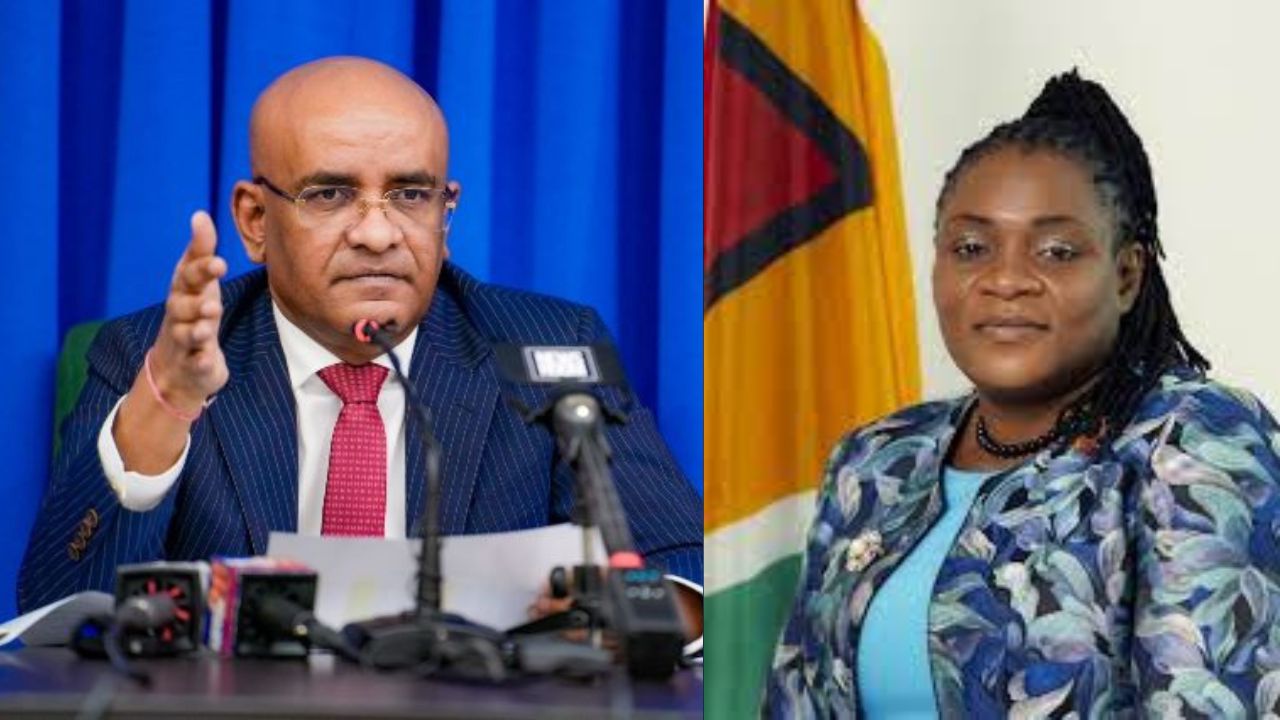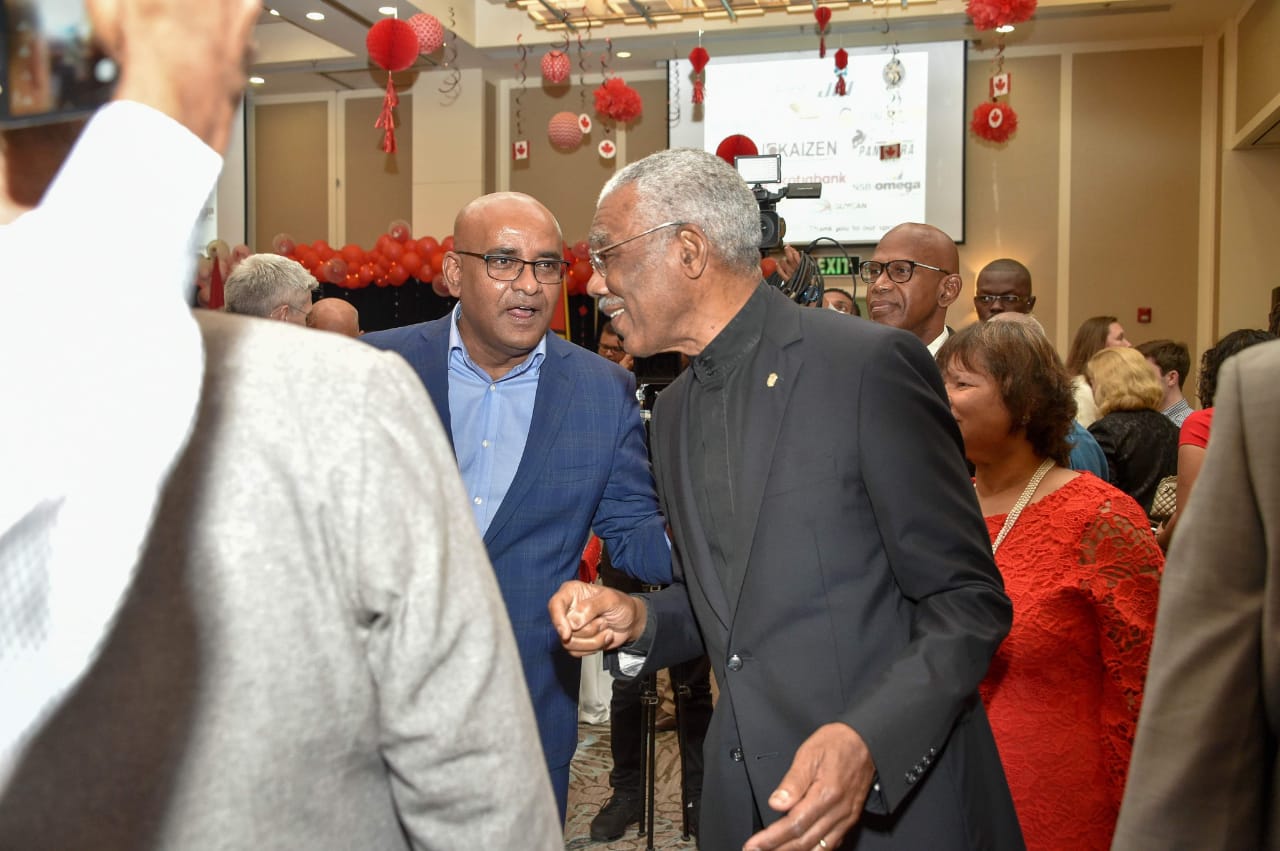The Guyana Teachers’ Union (GTU) has threatened to take industrial action from next Monday but Vice President Dr. Bharrat Jagdeo says the strike is politically motivated, led by GTU’s General Secretary and Opposition Parliamentarian, Coretta McDonald.
Speaking at a party press conference on Thursday, Jagdeo believes the purported grievances of teachers are not real when one examines the government’s efforts to bring relief to teachers.
In this regard, he urged teachers not to fall prey to the likes of McDonald’s disruptive agenda.
“Coretta McDonald has no credibility whatsoever and vilely trying to mislead the teachers of this country in pursuit of her own political agenda, not a care about teachers because her bread is well buttered.
“This is a political strike,” Jagdeo contended.
He urged teachers to read the press release put out by the Ministry of Education and said therein contains the long list of things the PPP/C government has done to improve the conditions of teachers.
On Wednesday, Minister of Labour Joseph Hamilton and Minister of Education Priya Manickchand both said the proposed strike action is not legal since the stages of engagements have not been completed.
According to Hamilton, engagements between the Ministry of Education and the GTU on the proposed Multi-Year Agreement that includes salary increases have not broken down, so by law, the Union cannot call for the Labour Ministry to intervene in an arbitration process.
And if that cannot be done, he said an industrial action now would not be legal.
Manickchand, also during an engagement with reporters on Wednesday, said GTU officials met with Education Ministry officials that same day to hammer out proposed measures to reduce teachers’ workload in schools.
Changes initiated and implemented by the Ministry for the benefit of teachers include:
- The removal of the Child Development Index Card (CDIC) as a required school document.
- The removal of the General Scheme of Work as a curriculum document.
- The weekly preparation of lesson plans rather than daily.
- All trained teachers being eligible to be a Senior Assistant Master/Mistress after 6 years rather than 7.
- 50 duty free teachers per year PLUS the granting of a duty-free concession to all senior teachers who have 3 years left to serve and have not received a concession previously.
- All teachers being provided termly with grants to purchase teaching materials.
- All CPCE pre-service trainees being paid $90 000 rather than a $10 000 stipend per month except a trainee teacher refuses same.
- The Ministry of Education requested the Teaching Service Commission and the School Board
Secretariat to do 2 senior promotion cycles per year so that more teachers can be promoted and earn a higher salary.
- A general waiver letter to allow teachers to travel abroad without collateral.
- The issuance of one waiver letter to cover the teacher’s contracted period.
- The holders of the Technical Teachers’ Certificate as being appointed as Assistant Master/Mistress.
- The creation of more senior vacancies in nursery, primary and secondary schools.
- The reduction in teaching periods for secondary teachers.
- The assignment of an assistant teacher to senior teachers in primary and nursery schools.
- The appointment of floating teachers to schools to reduce the workload and substitute for teachers who are absent.
- The implementation of the EMIS system which will eliminate most aspects of manual record keeping.
- An Open Day policy which is held centrally and regionally to address teachers’ concerns.
- The appointment and upgrade of all teachers who attended UG without official release and permission before, during and after the COVID – 19 pandemic.
- A reduction in the number of teaching practice for CPCE teachers.
- The institution of a digitalized senior promotion process.
- A simplification in the Teacher Upgrade Process after improved qualifications.
- The substitution of the head teachers’ monthly report with a reduced digital version.
- A waiver for the issuance of the permanent trained teachers’ certificate.
- The placement of guidance and counselling officers in secondary schools to assist with the disruptive behaviour of students.
- The continuous placement of a data entry clerks in each school to assist with digital record keeping.
- The removal of the quota system to attend UG.
- The introduction of a Teacher Support Unit within the Ministry of Education.






